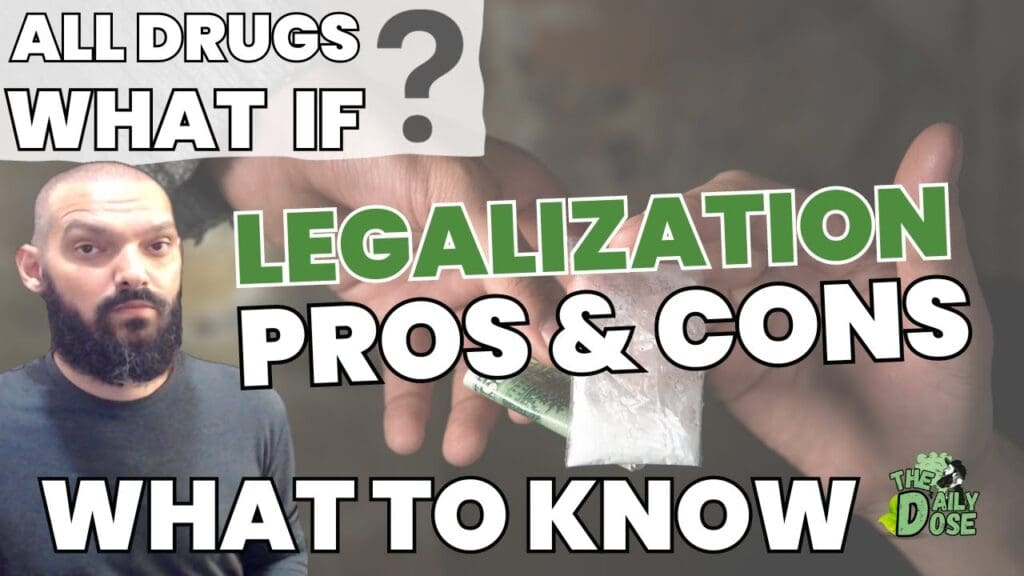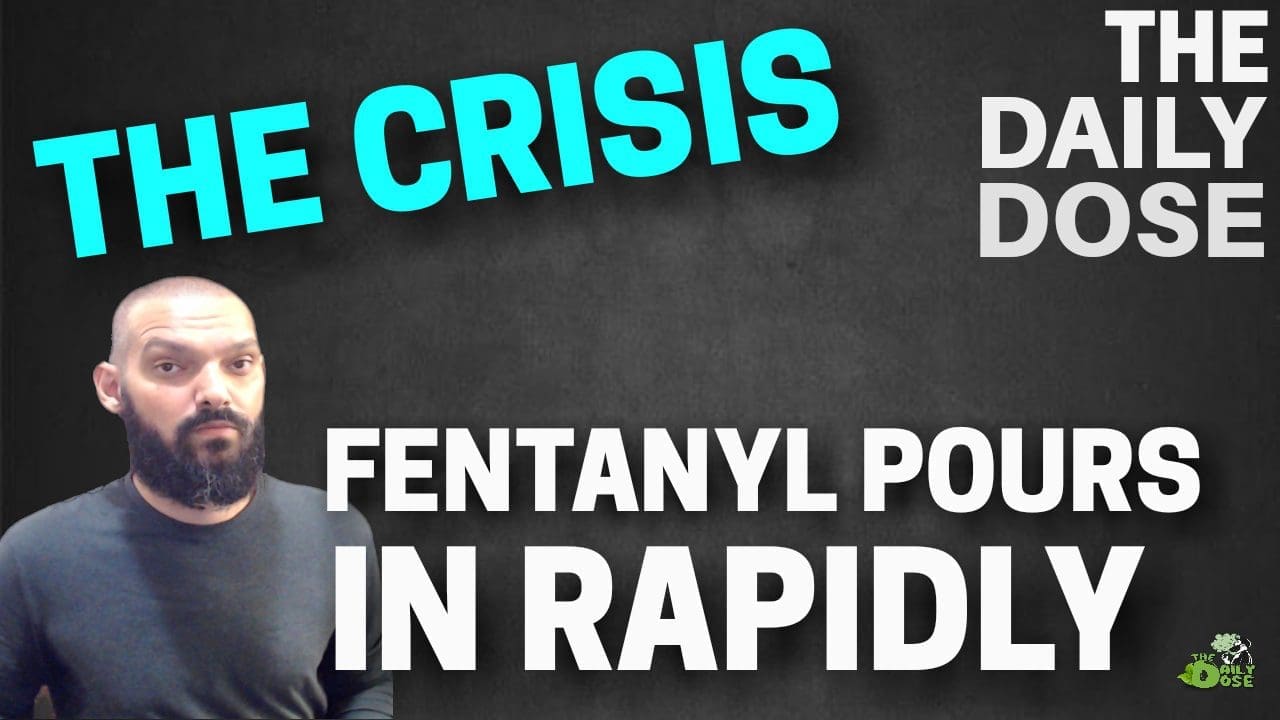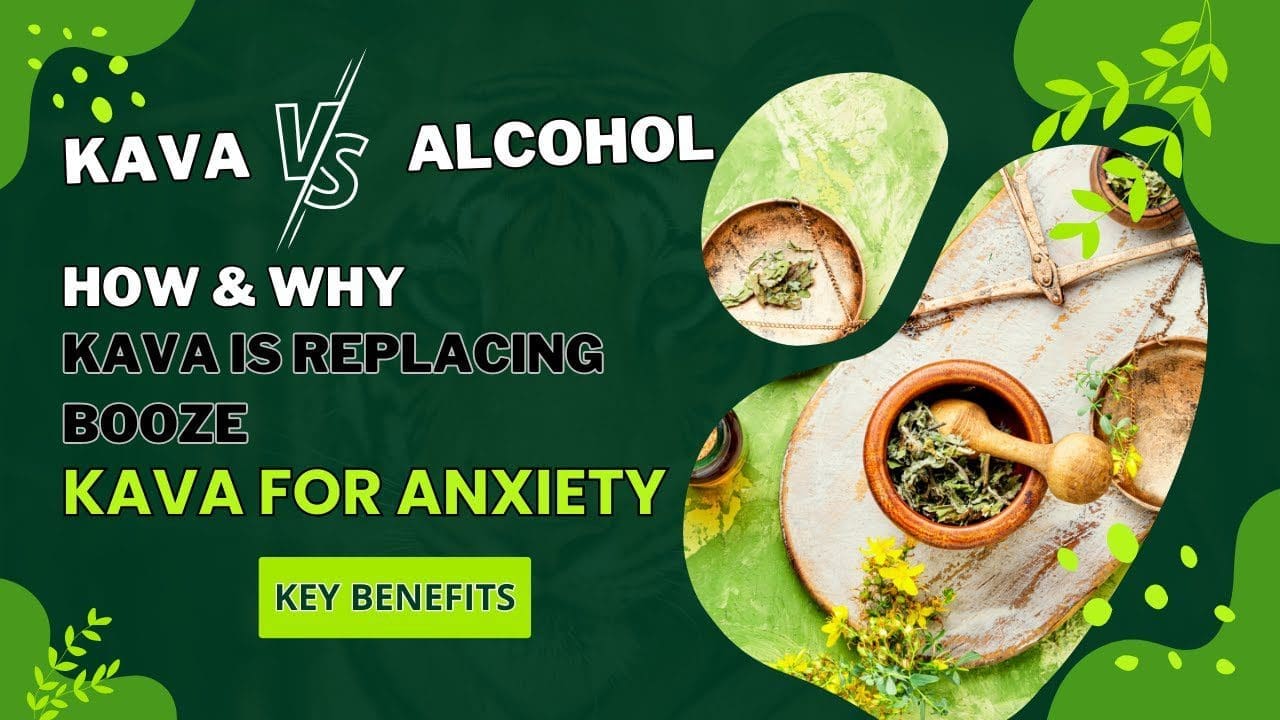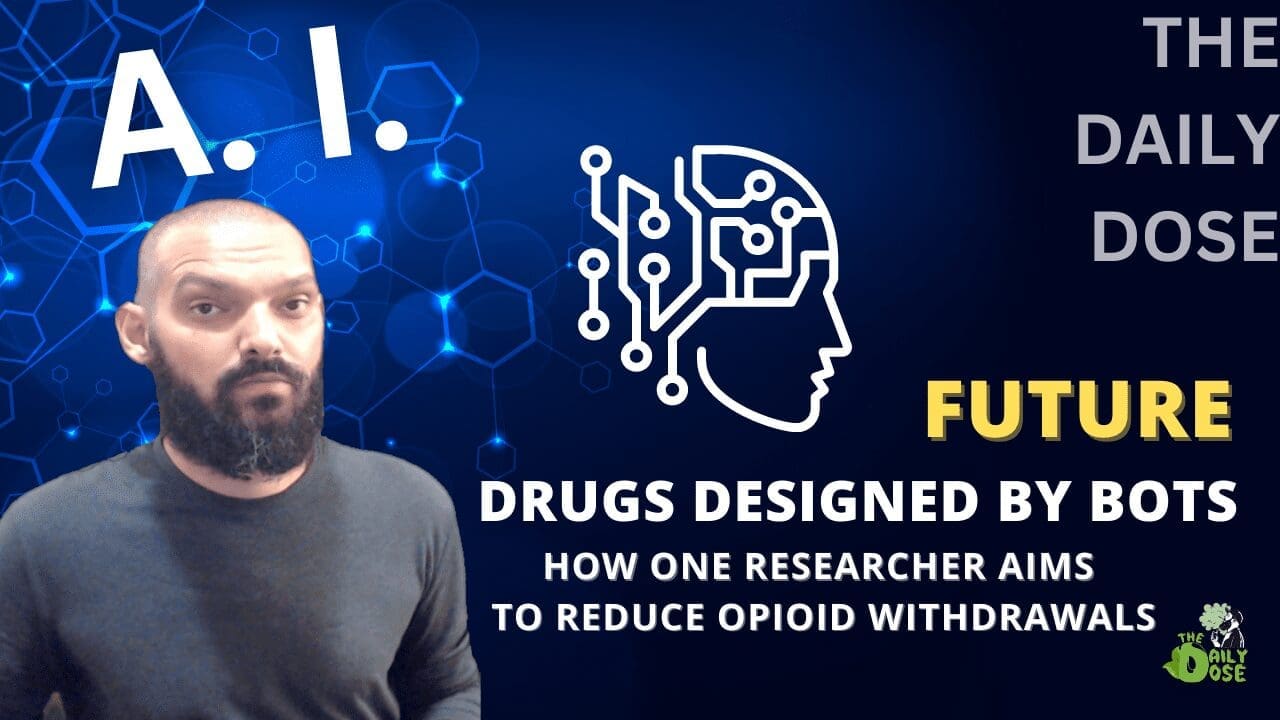Listen to the full episode here: The Daily Dose Podcast
Legalizing All Drugs What If
Hi everyone today I was curious about the pros and cons of legalizing all drugs known to man. It was a brief thought but I decided to look into it. I decided to turn to the trusty google feed and I sourced info from a number of different sources, government agencies, university’s and more.
The purpose was to understand the benefits or implied benefits if it were to be so. As always I think differently and I look at the bigger picture most of the time.
1. Introduction
The debate surrounding drug legalization is a global conversation that continues to evolve. The purpose of this comprehensive article is to explore the multifaceted issue of legalizing all drugs by examining the potential benefits and drawbacks associated with such a policy shift.
By evaluating the pros and cons, understanding the impact on public health, and examining international case studies, we aim to provide readers with a well-rounded perspective on this complex topic.
2. The Pros of Drug Legalization
Reduced Criminal Activity and Decreasing the illicit drug market
One of the significant advantages of drug legalization is the potential to undermine the illicit drug market. Legal access to drugs may reduce the demand for black market products, weakening the criminal organizations that profit from illegal drug sales.
Lowering drug-related crimes
With the removal of criminal penalties for drug possession and use, drug-related crimes may significantly decrease. Many drug-related offenses are linked to the illegal status of drugs, such as drug trafficking and property crimes committed to fund addiction.
Increased Tax Revenue and Funding public services
Drug legalization can generate substantial tax revenue for governments. This revenue can be directed toward public services, including education, healthcare, and addiction treatment programs, providing essential resources to address the societal impacts of drug use.
Decreasing the burden on law enforcement
Legalization can alleviate the burden on law enforcement agencies, allowing them to focus on more significant issues. Instead of arresting individuals for drug offenses, police resources can be redirected to addressing violent crimes and other high-priority matters.
Safer Drug Supply Through Regulation and quality control
Legalization allows for the regulation and quality control of drugs. This ensures that drugs are produced in controlled environments, meeting safety and quality standards. Consumers have access to accurately labeled products, reducing the risk of unexpected adverse effects.
Reducing adulterated and contaminated drugs
The illegal drug market often involves adulterated and contaminated substances. Legalization can mitigate these risks by offering consumers access to clean, uncontaminated drugs, reducing the harm associated with impure substances.
Enhanced Harm Reduction and Access to addiction treatment
Legalization can facilitate access to addiction treatment and harm reduction services. Individuals struggling with substance use disorders may be more inclined to seek help when they are not criminalized for their drug use.
Reducing overdose deaths
Harm reduction measures, such as supervised injection sites and the distribution of naloxone, can be more effectively implemented in a legalized drug framework. These measures can prevent overdose deaths and save lives.
Respect for Individual Autonomy, Personal choice and bodily autonomy
Supporters of drug legalization argue that individuals should have the autonomy to make decisions about their own bodies, including the use of substances. Criminalizing drug use is seen by some as an infringement on personal freedoms.
Freedom from criminalization
Legalization can spare individuals from the lifelong consequences of a criminal record due to non-violent drug offenses. Removing the stigma of criminalization can help individuals reintegrate into society more successfully.
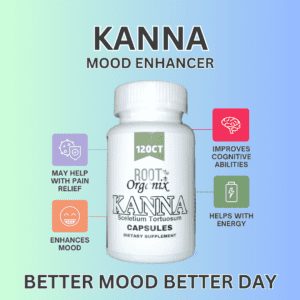
3. The Cons of Drug Legalization
Increased Drug Use and Potential for higher drug consumption
One of the concerns regarding drug legalization is the potential for increased drug use. Some argue that the removal of legal barriers may lead to higher consumption rates, especially among vulnerable populations.
The risk of addiction
Increased drug use could result in a higher number of individuals developing substance use disorders. Addiction is associated with various health and social issues, including mental health problems, family disruption, and economic instability.
Health Concerns and Health-related issues
Legalization can lead to health-related problems, including the misuse of drugs, drug-related accidents, and increased healthcare costs. Additionally, the long-term health consequences of drug use may place a burden on healthcare systems.
Strain on healthcare systems
An influx of individuals seeking treatment for drug-related health issues can strain healthcare systems. Hospitals, clinics, and addiction treatment centers may face increased demand, potentially leading to longer wait times and resource shortages.
Potential for Drug Abuse, Misuse and dependency
The increased availability of drugs can lead to misuse and dependency. While some individuals can use drugs responsibly, others may develop problematic patterns of use, resulting in addiction and associated harm.
Impact on society
Widespread drug abuse can have broader societal consequences, including impaired productivity, increased absenteeism, and strained social services. Addressing these issues can be challenging and costly.
Regulatory Challenges and Ensuring responsible distribution
Regulating a legalized drug market is complex. Ensuring that drugs are distributed responsibly, limiting sales to minors, and preventing overconsumption can be challenging tasks.
Preventing underage access
One of the critical concerns is preventing underage access to drugs. Legalization must incorporate robust measures to safeguard against minors obtaining and using drugs.
International and Legal Implications and Violation of international agreements
The legalization of all drugs may conflict with international drug control agreements, potentially leading to diplomatic tensions and legal disputes.
Diplomatic and legal ramifications
Legalization could have diplomatic and legal consequences for nations, affecting trade relationships, international cooperation, and legal obligations under international treaties.
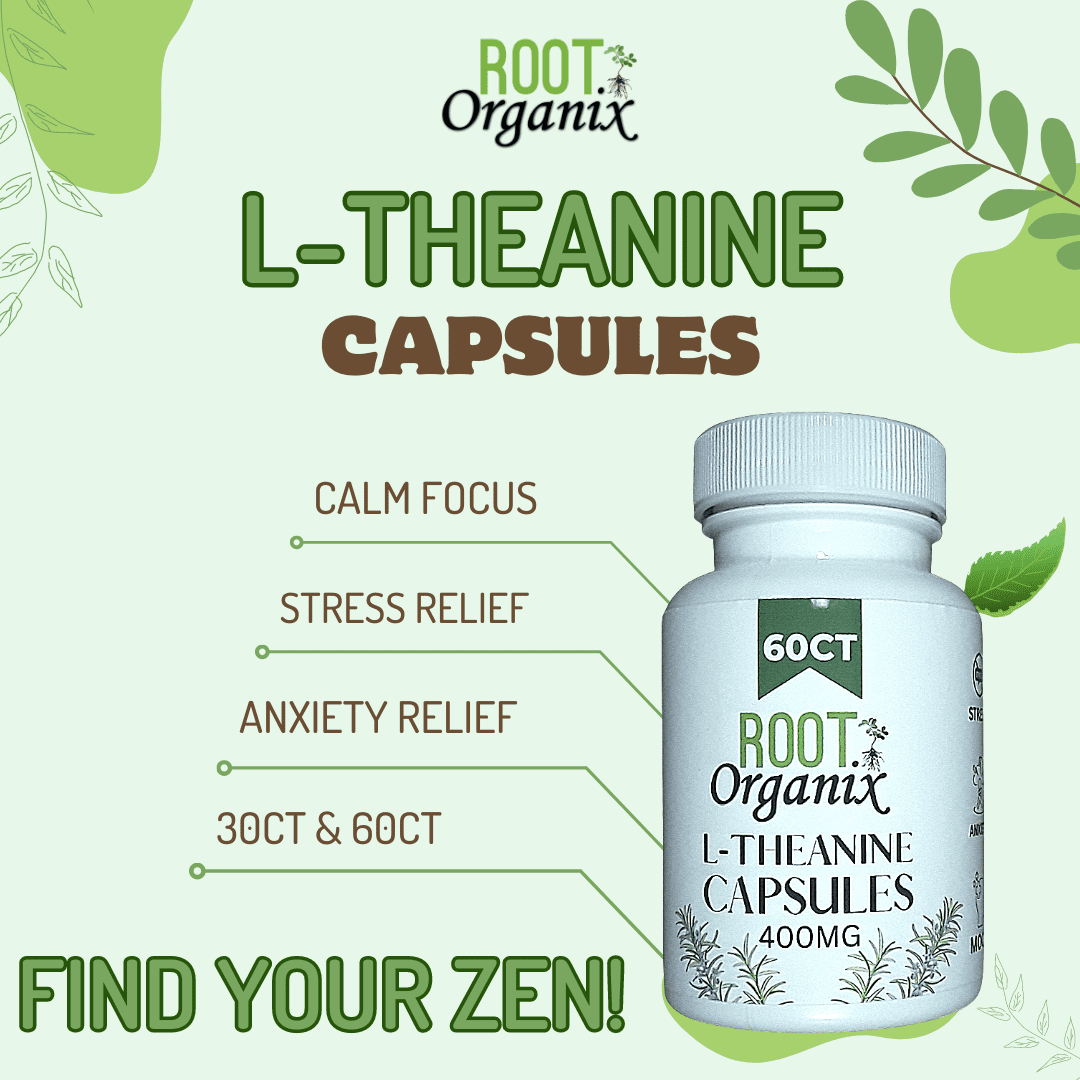
4. Comparative Case Studies
Portugal’s Decriminalization an Overview of Portugal’s approach
Portugal is often cited as a success story in drug decriminalization. In 2001, the country decriminalized the possession and use of all drugs, focusing on harm reduction and treatment.
The impact on drug-related issues
Portugal’s approach led to notable improvements in public health, reduced drug-related deaths, and decreased problematic drug use. However, the experience also highlights the importance of comprehensive support systems.
Uruguay’s Legalization of Cannabis and Cannabis regulation in Uruguay
Uruguay made headlines by becoming the first country to fully legalize cannabis. The government controls the production and distribution of cannabis, allowing registered users to purchase it legally.
Lessons and challenges
Uruguay’s experience offers insights into the potential benefits and challenges of legalizing a specific drug. The impact on the black market, health consequences, and regulatory intricacies all provide valuable lessons.
The Netherlands’ Tolerance Policy and The Dutch model of drug tolerance
The Netherlands’ tolerance policy, known for its “coffee shops” where the sale of cannabis is permitted, provides an interesting case study. This model illustrates a selective approach to drug legalization.
Successes and ongoing challenges
The Dutch approach has both successes and ongoing challenges, including the attraction of drug tourism and the need for continual adaptation to address evolving issues.
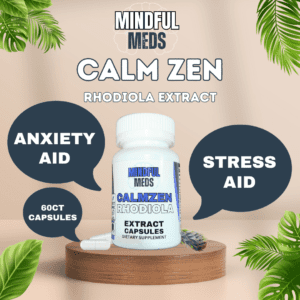
5. Conclusion
The debate over legalizing all drugs is a complex and multifaceted issue with compelling arguments on both sides. Advocates point to potential reductions in crime, increased tax revenue, and the enhancement of harm reduction efforts.
Critics raise concerns about increased drug use, potential health risks, regulatory challenges, and the legal and diplomatic implications of such a policy shift.
As demonstrated by comparative case studies, different approaches to legalizing all drugs yield various outcomes, emphasizing the importance of well-designed policies and support systems.
While there are no one-size-fits-all solutions, the future of drug legalization remains a dynamic conversation, shaped by evolving research, societal values, and the collective efforts of governments and communities. Ultimately, the path forward must prioritize public health and safety, recognizing the complexities of this ongoing debate.
FAQs
What is drug legalization?
How do different countries approach drug legalization?
What are the effects of legalizing all drugs on crime rates?
Does drug legalization lead to increased drug use?
What is harm reduction, and how does it relate to drug legalization?
Can drug legalization coexist with international drug control agreements?
Related Articles:
- Smart Drugs Unlock Your Brain And Potential
- Opioid Abuse Avoid Symptoms With A.I. Drugs
- Kratom Alkaloid 7-Hydroxymitragynine: How It Works
- Opioid Lawsuits & Payout Big Pharma Exposed
- The Future of Pain Management Explored
Meet The Author


